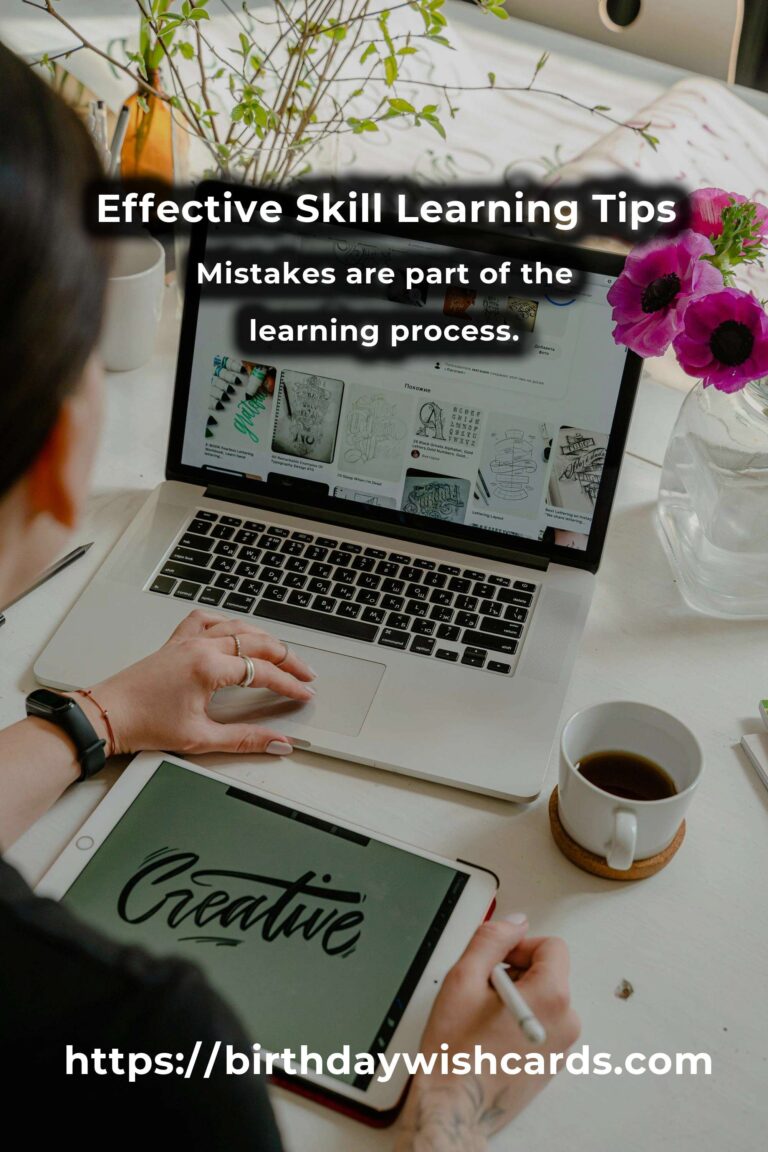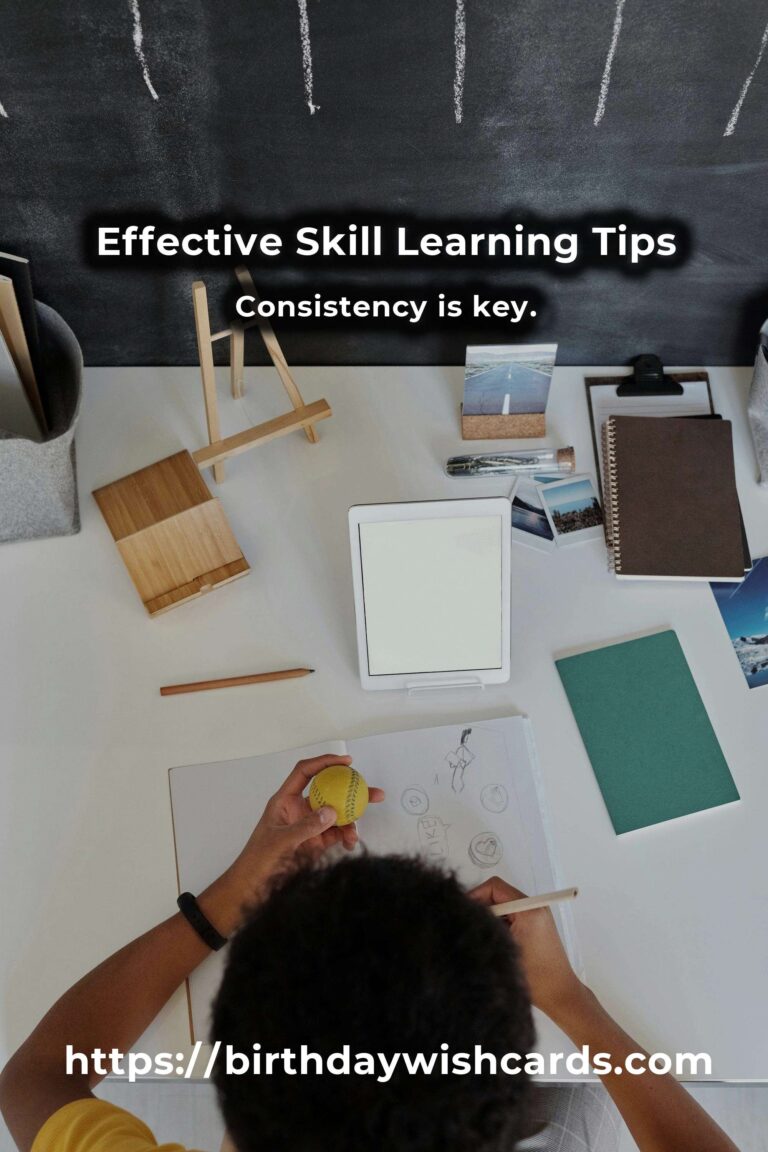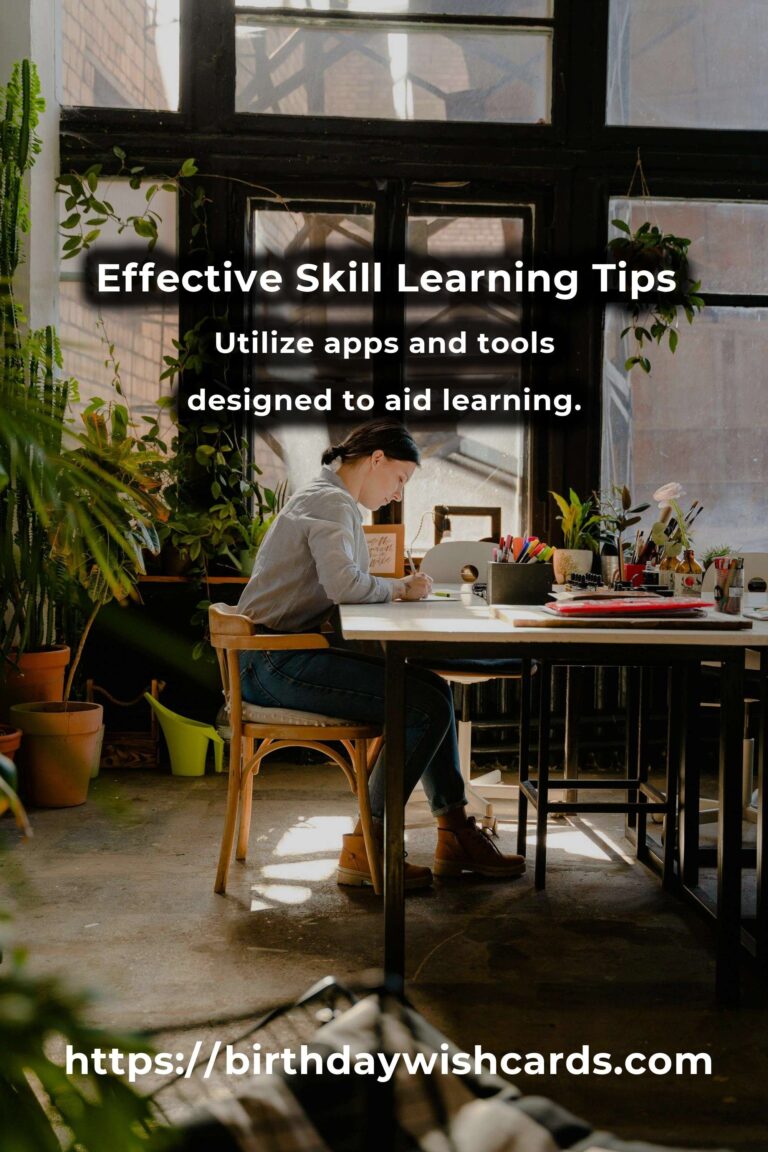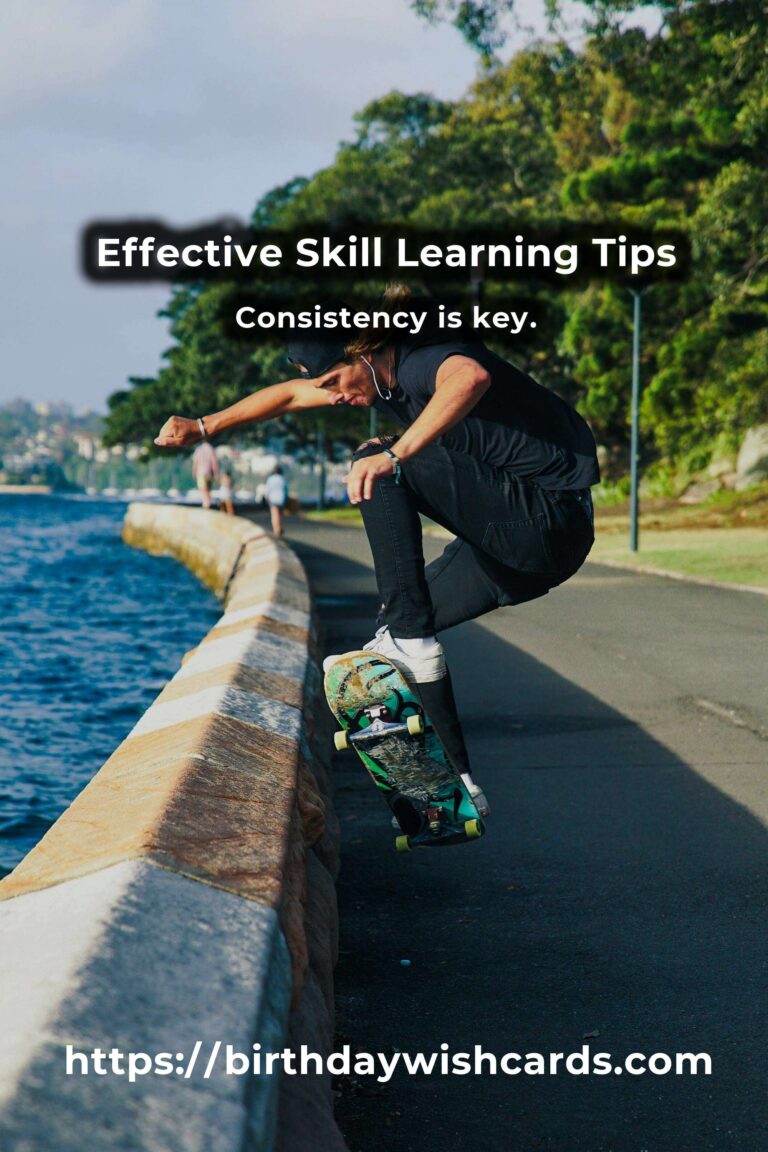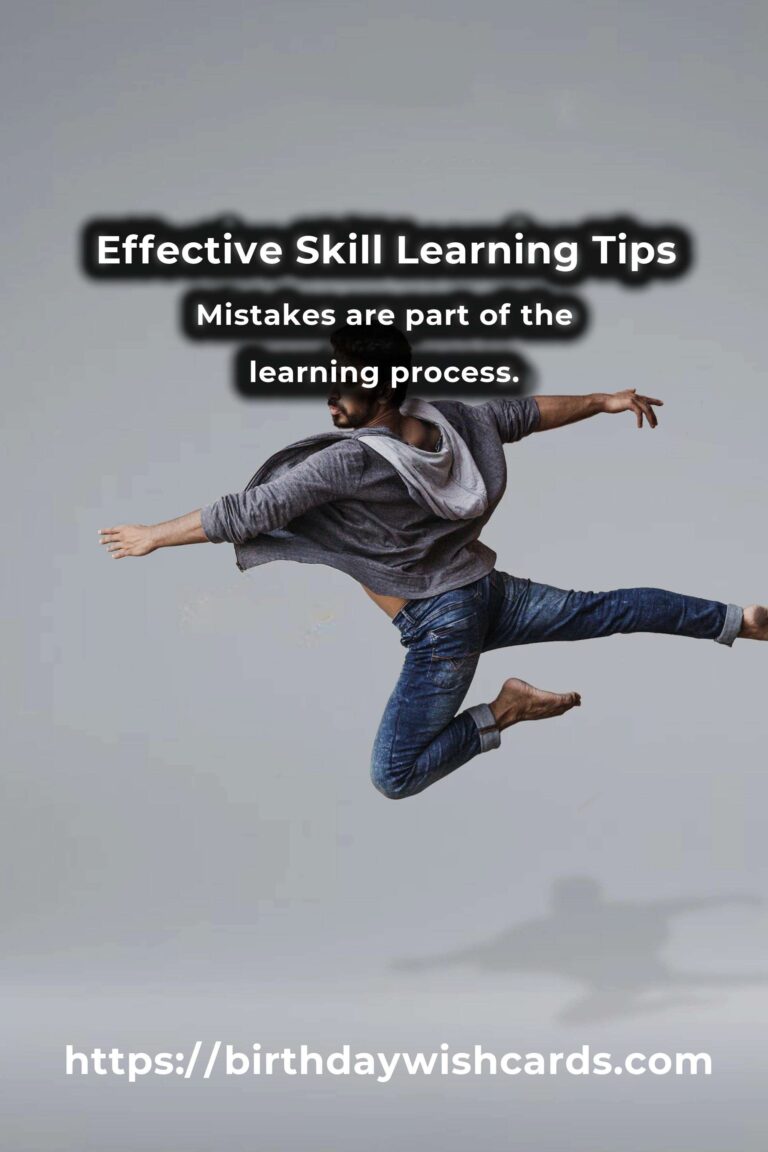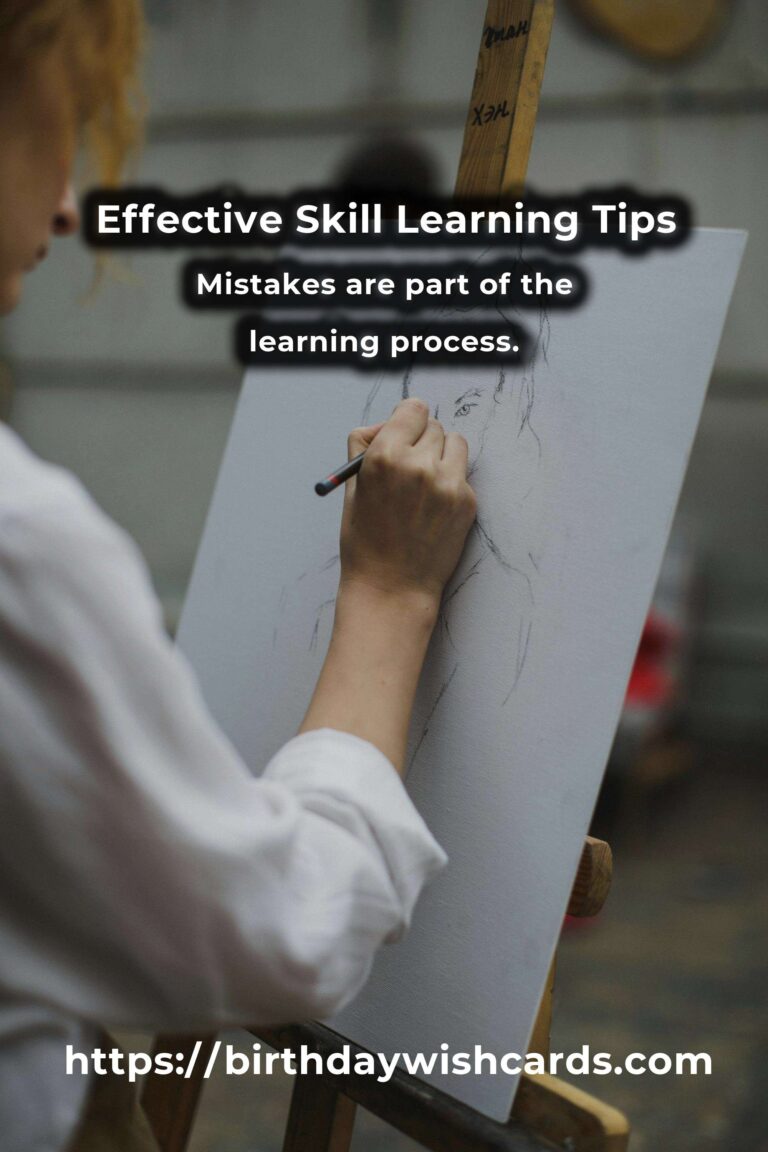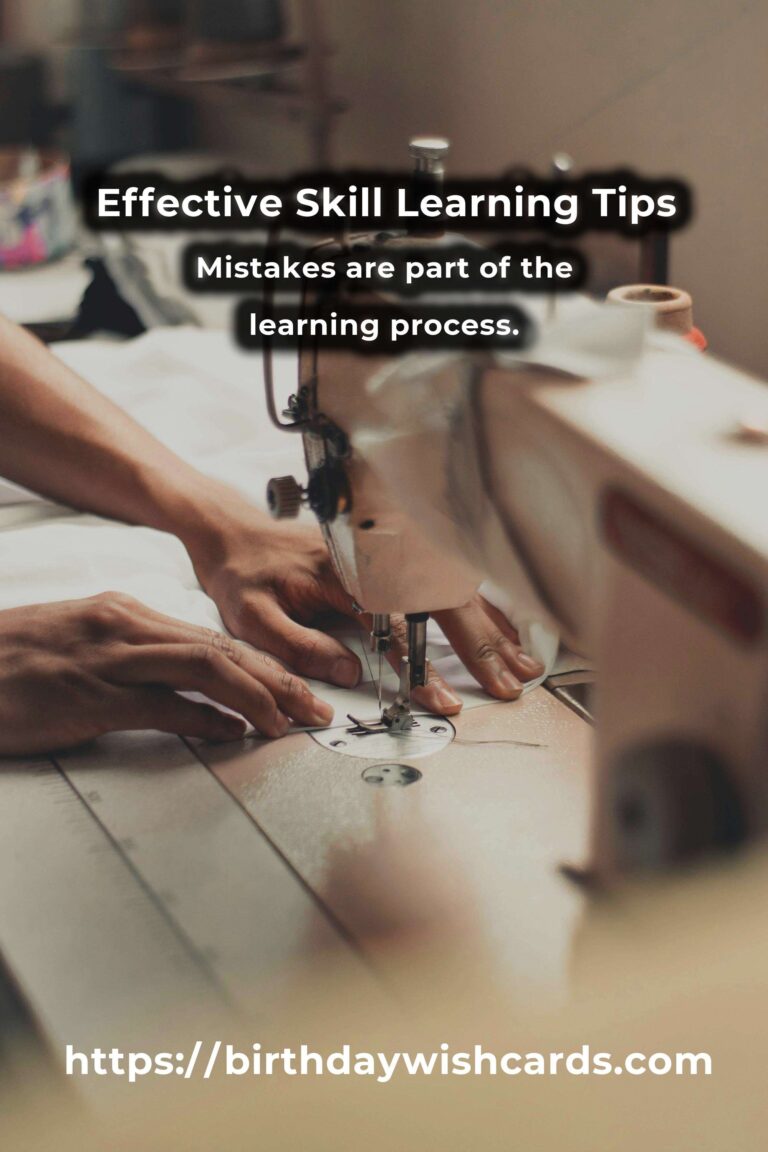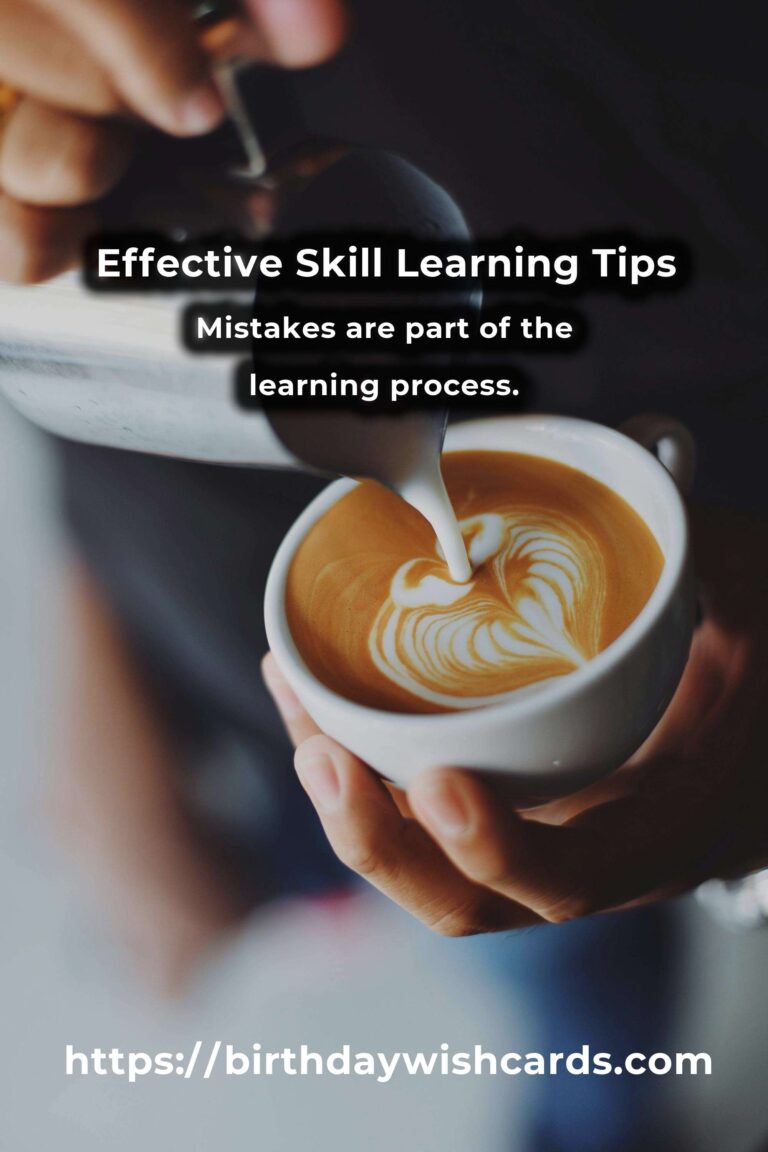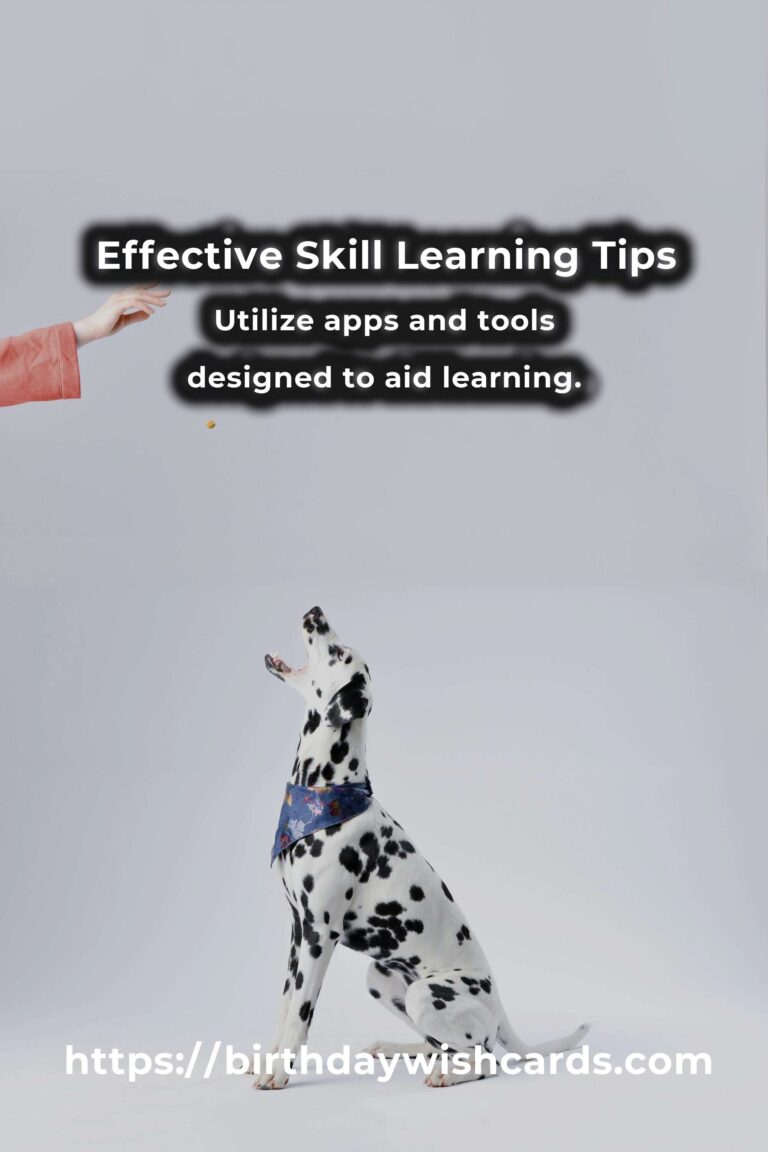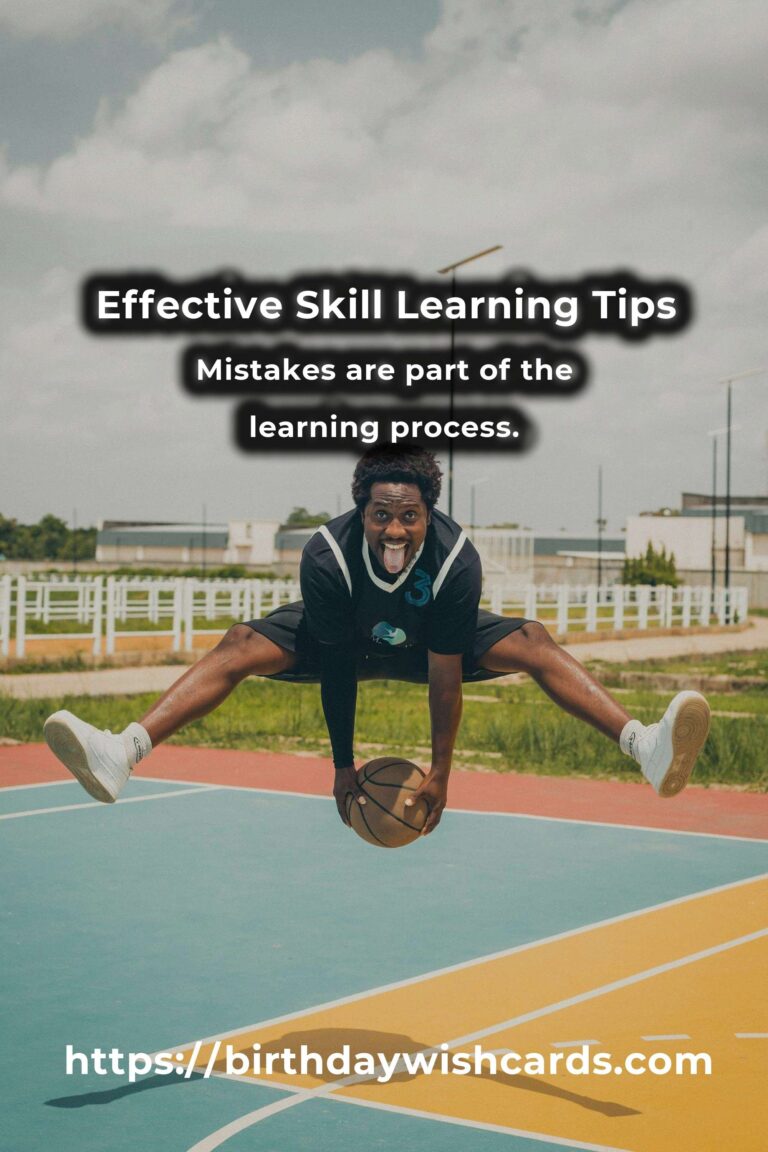
Learning a new skill can be an incredibly rewarding endeavor. Whether you’re picking up a musical instrument, learning a new language, or diving into the world of coding, the process is filled with opportunities for personal growth and development. However, mastering a new skill can also be challenging and requires dedication, patience, and effective strategies. In this article, we explore 22 tips that will enhance your learning experience and help you achieve your goals faster.
1. Set Clear Goals
Define what you want to achieve with your new skill. Having specific, measurable goals will give you direction and motivation.
2. Break Down the Skill
Divide the skill into smaller, manageable components. This makes the learning process less overwhelming and allows you to focus on one aspect at a time.
3. Create a Learning Plan
Design a structured plan outlining the steps needed to reach your goals. A plan acts as a roadmap, guiding you through your learning journey.
4. Allocate Regular Practice Time
Consistency is key. Dedicate regular, uninterrupted time to practice and reinforce what you’ve learned.
5. Use a Variety of Resources
Explore various resources such as books, online courses, videos, and workshops to gain diverse perspectives and insights.
6. Engage with a Community
Join forums, groups, or communities that focus on your skill. Interacting with others can provide support, feedback, and additional learning opportunities.
7. Embrace Mistakes
Mistakes are part of the learning process. Embrace them as opportunities to learn and improve.
8. Teach What You’ve Learned
Teaching others reinforces your understanding and highlights any areas that need more attention.
9. Stay Motivated
Find ways to keep yourself inspired and motivated. Celebrate small victories and remind yourself of your ultimate goal.
10. Seek Feedback
Constructive feedback from others can provide valuable insights into your progress and areas for improvement.
11. Adapt and Adjust
Be flexible and willing to adjust your learning strategies if you find that something isn’t working for you.
12. Use Visualization Techniques
Visualizing success and the steps to get there can enhance your learning and motivation.
13. Incorporate Technology
Utilize apps and tools designed to aid learning. Technology can offer interactive and engaging ways to practice.
14. Practice Mindfulness
Mindfulness can improve focus and concentration, making your learning sessions more effective.
15. Set Realistic Expectations
Acknowledge that learning a new skill takes time and effort. Setting realistic expectations can prevent frustration.
16. Create a Supportive Environment
Ensure your learning environment is free from distractions and conducive to focused practice.
17. Mix Practice Types
Alternate between different types of practice to reinforce learning and prevent boredom.
18. Reflect on Your Progress
Regularly assess your progress to understand what’s working and what needs change.
19. Stay Curious
Maintain a curious mindset. Ask questions and seek deeper understanding.
20. Challenge Yourself
Push your boundaries by tackling more challenging aspects of the skill as you progress.
21. Balance Practice with Rest
Balance intense practice sessions with adequate rest to ensure you don’t burn out.
22. Enjoy the Process
Remember to enjoy the journey of learning. The process itself is as important as the end result.
By incorporating these tips into your learning routine, you’ll be well on your way to mastering your new skill. Embrace the journey, stay patient, and most importantly, enjoy the process of learning and growing.
Define what you want to achieve with your new skill. Consistency is key. Mistakes are part of the learning process. Be flexible and willing to adjust your learning strategies. Utilize apps and tools designed to aid learning.
#Learning #Skills #PersonalDevelopment #Education #Growth


